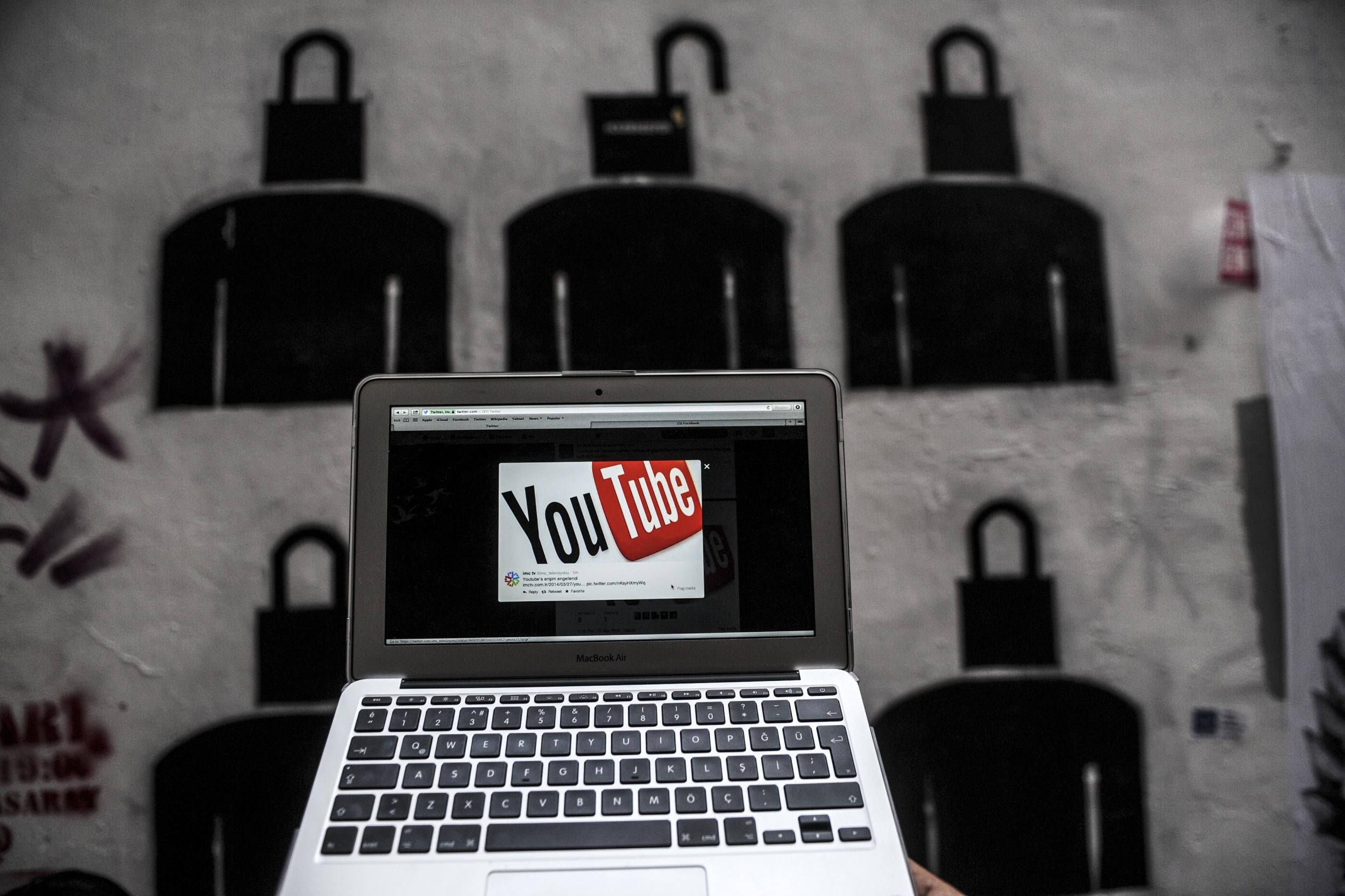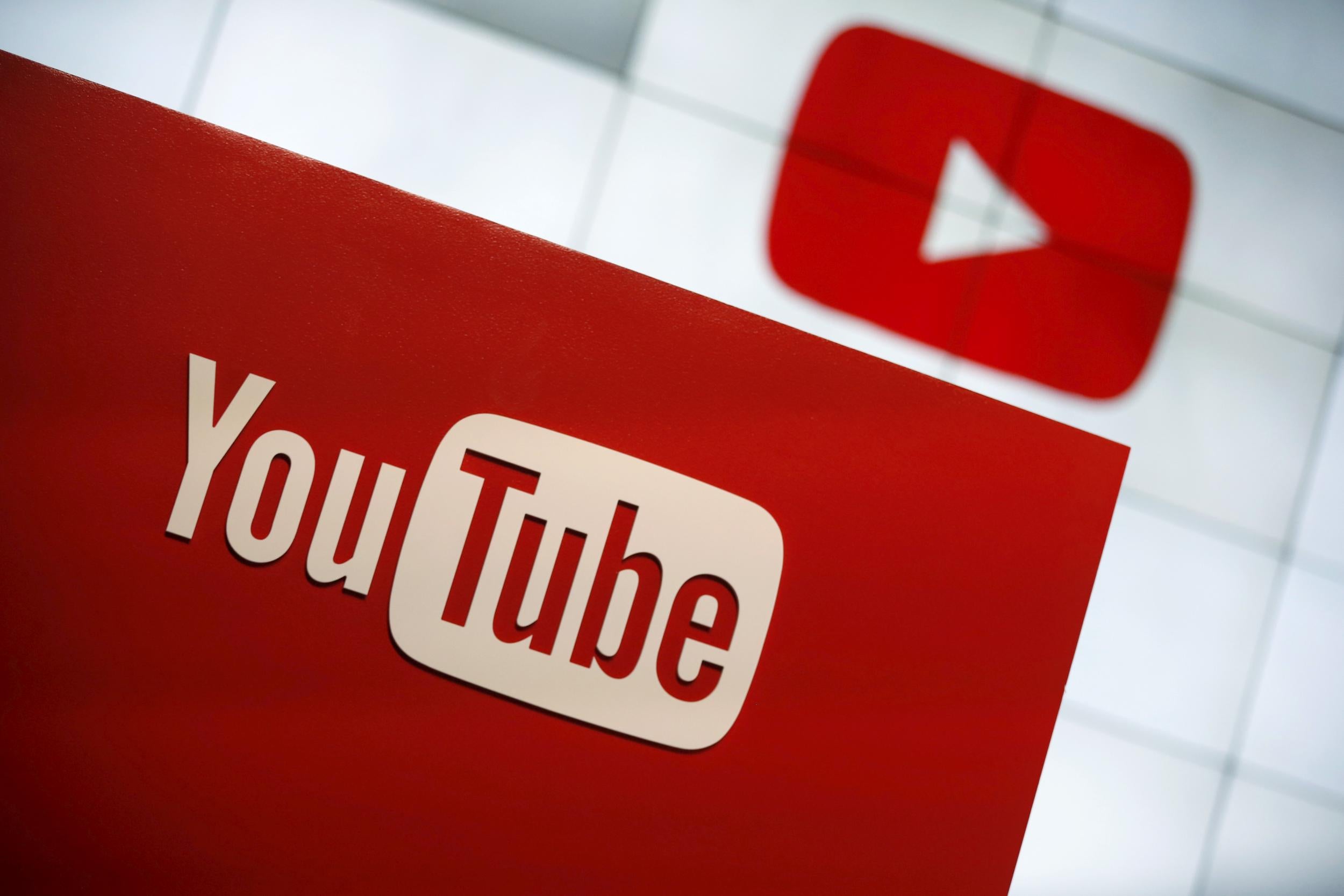YouTube download sites are biggest piracy threat to music industry
A third of young people use sites that illegally convert videos from Youtube to MP3 files, but a major crackdown is underway

Your support helps us to tell the story
From reproductive rights to climate change to Big Tech, The Independent is on the ground when the story is developing. Whether it's investigating the financials of Elon Musk's pro-Trump PAC or producing our latest documentary, 'The A Word', which shines a light on the American women fighting for reproductive rights, we know how important it is to parse out the facts from the messaging.
At such a critical moment in US history, we need reporters on the ground. Your donation allows us to keep sending journalists to speak to both sides of the story.
The Independent is trusted by Americans across the entire political spectrum. And unlike many other quality news outlets, we choose not to lock Americans out of our reporting and analysis with paywalls. We believe quality journalism should be available to everyone, paid for by those who can afford it.
Your support makes all the difference.Websites dedicated to “stream ripping” music from YouTube represent the biggest threat to the global music business, industry figures have warned, as a major crackdown seeks to address it.
Sites that allow YouTube videos to be converted into an MP3 file and illegally downloaded to someone’s phone or computer are attracting millions of visitors, with estimates suggesting that a third of 16-24-year-olds in the UK have ripped music from the Google-owned platform.
Other platforms affected by the illegal ripping sites include DailyMotion, SoundCloud and Vimeo, however YouTube is by far the most pirated.
The results of a crackdown that began in 2016 are beginning to be seen, thanks to a coordinated effort by organisations representing record companies in the US and the UK.
Earlier this week, stream ripping website MP3Fiber was forced to shut down following legal pressure.
However, dozens of sites offering similar services still remain active and are easily accessible through Google, whose search engine provides more than 100 million results for the term “YouTube MP3 converter”. YouTube is even host to videos that explain exactly how to do it, some of which have amassed tens of thousands of views over several years.
The illegal sites are able to monetise their popularity through online adverts, making millions in revenue that rightfully belongs to the content creators and copyright holders. Such widespread use makes these stream ripping sites a bigger threat to copyright holders and the music industry generally than illegal torrent sites like The Pirate Bay. Beyond the stream ripping websites are apps that offer a similar service, such as the Videoder app, which has over 40 million users worldwide.
The British Phonographic Industry (BPI), the UK record industry’s trade association, is among those attempting to clear these illegal sites from the internet and encourage the use of legal music streaming sites.
“Although coordinated action by the record industry is delivering results, with major platforms like YouTube-mp3 closed down, we must continue to act against illegal sites that build huge fortunes by ripping off artists and labels,” Geoff Taylor, the chief executive of the BPI and Brit Awards, told The Independent.
Mr Taylor said the “fantastic range” of legal streaming services, such as Spotify and Apple Music, could be under threat if the issue of stream ripping sites is not properly dealt with. The best way to do this, he said, is through a coordinated crackdown.
“We hope that responsible advertisers, search engines and hosting providers will also reflect on the ethics of supporting sites that enrich themselves by defrauding creators,” he said.
But chasing down and shutting down such sites is not a simple issue, with some digital rights groups arguing that they provide a legitimate service, even if they are misused by some people.
The Electronic Frontier Foundation (EFF) claims that even referring to them as “stream ripping” sites is misstating copyright law.
“There exists a vast and growing volume of online video that is licensed for free downloading and modification, or contains audio tracks that are not subject to copyright,” the EFF told the US Office of the United States Trade Representative last year.
“Moreover, many audio extractions qualify as non-infringing fair uses under copyright. Providing a service that is capable of extracting audio tracks for these lawful purposes is itself lawful, even if some users infringe.”

For its part, YouTube says it has “invested heavily” in copyright and content management tools, such as Content ID – a technology that provides rights holders with ways to manage and monetise their content.
The Google-owned platform’s terms of service state that users are forbidden from accessing content on YouTube through third parties, while disabling features that prevent the copying of content is also not allowed.
A YouTube spokesperson reiterated this to The Independent and said it is working to prevent such practices from taking place.
“Our terms of service prohibit the downloading or copying of videos on YouTube without explicit consent from the copyright holder,” the spokesperson said. “Once notified of an infringing tool, or service that allows the downloading of a YouTube video without permission from the content owner we take appropriate action.”
Join our commenting forum
Join thought-provoking conversations, follow other Independent readers and see their replies
0Comments